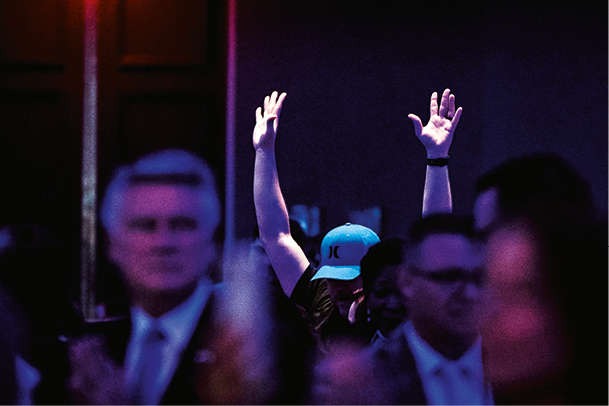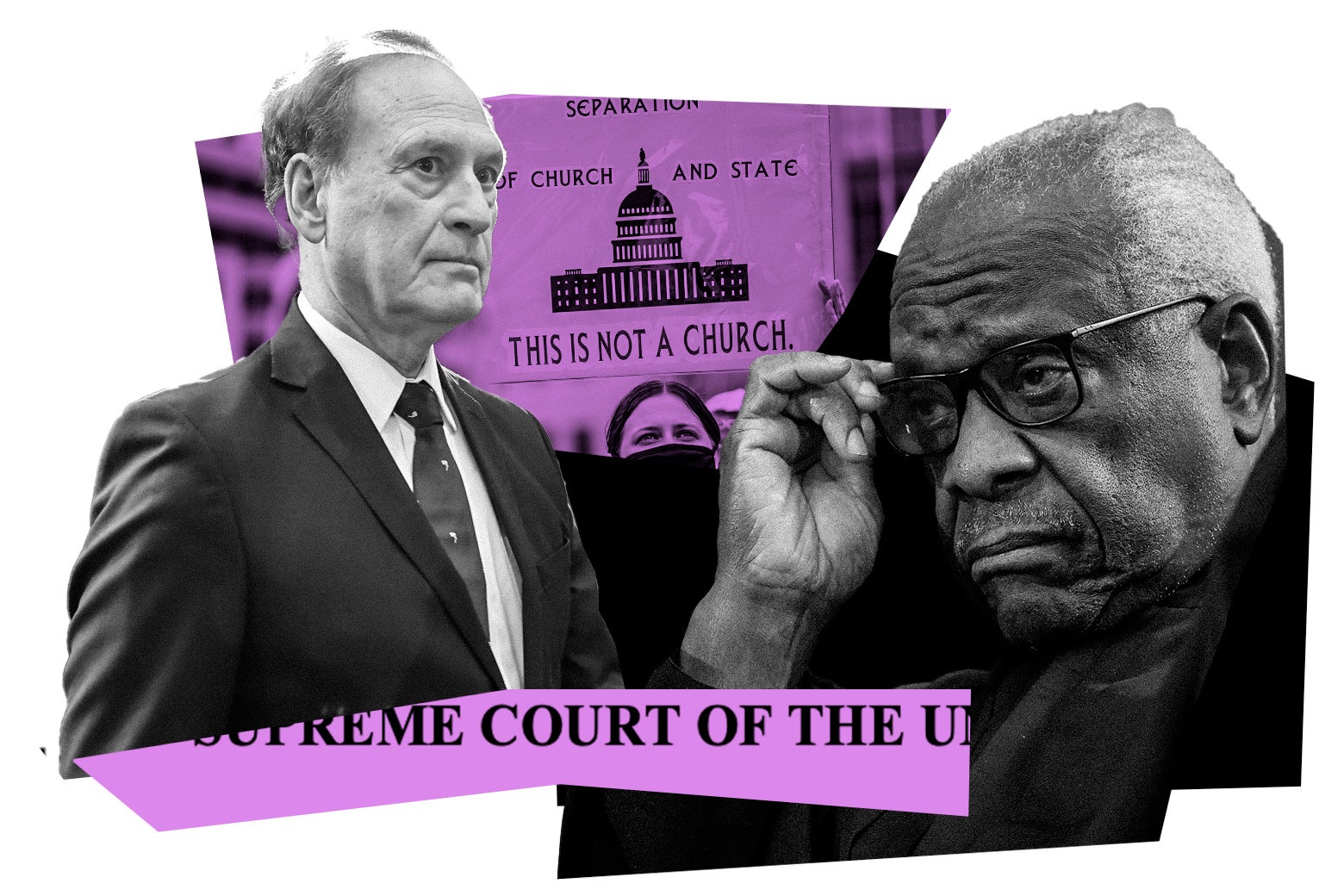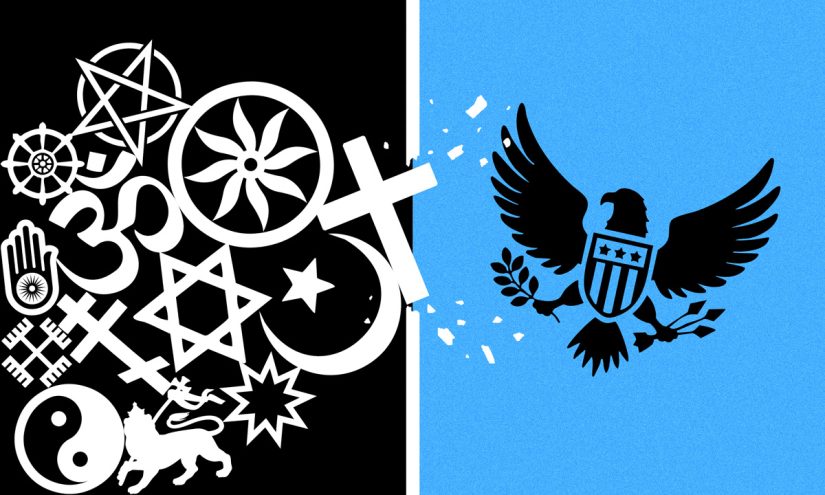Ritual Abuse Legislation: Utah Lawmakers Take Controversial Stance on Phantom Threat
Religion
2025-03-28 21:05:07Content

Utah Tackles Ritual Abuse Legislation in Landmark Bill
In a surprising legislative move, Utah has recently passed a bill aimed at confronting the complex and controversial issue of ritual abuse. The legislation, introduced in 2025, seeks to provide legal frameworks and protections against what some consider a deeply troubling societal concern.
At first glance, the bill might raise eyebrows. Ritual abuse—a term that conjures images of systematic, organized psychological and physical harm—is a concept that demands careful scrutiny. While the intention behind addressing such potential abuse seems noble, the very existence and prevalence of ritual abuse remain subjects of intense debate among legal, psychological, and social science experts.
The bill's passage prompts critical questions: What constitutes ritual abuse? How prevalent is it? And what mechanisms will be put in place to investigate and prevent such alleged practices?
Utah's lawmakers appear committed to proactively addressing potential harm, even in scenarios where concrete evidence might be challenging to substantiate. This approach reflects a growing trend of preventative legislative measures designed to protect vulnerable populations.
As the details of the bill unfold, citizens and experts alike will be watching closely to understand its practical implications and potential impact on community safety.
Utah's Controversial Legislation: Unraveling the Ritual Abuse Bill of 2025
In the ever-evolving landscape of legislative action, Utah has once again thrust itself into the national spotlight with a provocative bill targeting what lawmakers claim to be a critical social issue. The proposed legislation, shrouded in complexity and nuanced legal interpretations, has ignited a firestorm of debate among legal experts, social advocates, and concerned citizens alike.Confronting the Shadows: When Legislation Meets Controversial Claims
The Legislative Landscape of Moral Panic
The Utah state legislature has long been a crucible of contentious policy-making, but this recent bill represents a particularly intricate moment in legal and social discourse. Lawmakers have crafted a piece of legislation that purports to address ritual abuse, a term that carries significant historical baggage and psychological complexity. The bill emerges from a complex intersection of social fears, legal interpretations, and deeply rooted cultural anxieties that have plagued American society for decades. Historically, claims of ritual abuse have been a volatile and problematic narrative in social policy. Psychological research has repeatedly demonstrated the fragility of such allegations, often rooted in moral panic rather than substantive evidence. The Utah bill appears to be navigating this treacherous terrain, attempting to legislate a phenomenon that remains largely undefined and scientifically contested.Unpacking the Legal and Social Implications
Legal scholars are approaching the bill with a mixture of skepticism and academic curiosity. The legislation raises fundamental questions about the boundaries of state intervention, the nature of evidence, and the potential for creating more harm than protection. What constitutes ritual abuse in the eyes of this bill? How does one definitively prove such allegations in a court of law? The bill's language suggests a broad and potentially problematic approach to defining and addressing alleged ritual abuse. Experts warn that overly broad legislative definitions can create dangerous precedents, potentially criminalizing cultural or religious practices that may be misunderstood or viewed through a narrow cultural lens.Psychological and Social Dynamics of Moral Legislation
Psychological research provides critical insights into the dynamics of moral panic and legislative overreach. The Utah bill appears to be symptomatic of broader social anxieties, reflecting a complex interplay between perceived threats and legislative response. Sociologists argue that such legislation often says more about societal fears than actual documented risks. The psychological impact of such legislation cannot be understated. It creates a narrative of threat and protection that can be deeply traumatizing, potentially causing more psychological harm than the alleged practices it seeks to address. Mental health professionals caution against creating legal frameworks that may inadvertently stigmatize communities or create additional layers of social trauma.Comparative Analysis and Historical Context
Comparing this Utah bill to similar legislative efforts reveals a troubling pattern of moral legislation that often fails to withstand rigorous scientific and legal scrutiny. Historical precedents, such as the satanic panic of the 1980s, serve as stark reminders of the dangers of legislating based on unsubstantiated claims and collective fear. The bill represents a complex negotiation between perceived social protection and potential legal overreach. It demands a nuanced approach that balances genuine concerns for vulnerable populations with a rigorous commitment to evidence-based policymaking.Future Implications and Critical Reflection
As the bill moves through the legislative process, it invites critical reflection on the role of law in addressing complex social issues. The legislation challenges us to consider the delicate balance between protection and potential systemic harm, between addressing genuine concerns and creating new forms of social control. The Utah ritual abuse bill stands as a provocative moment in contemporary legislative history, inviting deeper examination of how societies construct legal frameworks around complex and often misunderstood social phenomena.RELATED NEWS








